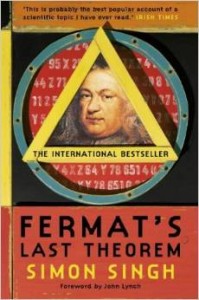A month and a week, and I've just come to the end of the second chapter. Reasonably happy with the progress, but I could be going a bit quicker... Mind you, over just two chapters I've now created 46 pages of A4 of exercises. So there has been a LOT of material to go through. Frankly, just these first two chapters have worked wonders for my understanding of logic and what proofs are founded upon.
This second chapter mainly introduced quantifiers. The concept of "for all x" and "there exists at least one x...", but quickly branched off into more involved set theory.
The biggest issue I had towards the end of the second chapter was that on a couple of occasions, I don't think I thought carefully enough about the kind of answer the questions required. ie: in this context, whether the answer was required in logical notation, or whether it was required in set theory notation. Translating between the two is something I certainly found tricky. As such, I decided to write my own definitions of notation in the form of a list (thanks Lara Alcock!). Though the lack of lists of definitions could be considered a slight shortfall of the book, I think I benefited from constructing my own notes and definitions.
I found that towards the end of the questions (because of the more lengthy logical notation) I was concentrating more on the definitions than what the notation actually meant. Not convinced this is so good for the learning process, but at least I'm mindful of it now.
Last little question the second chapter covered was Russell's Paradox, as discovered by Bertrand Russell in 1901. The fact that I'm being introduced to stuff like this in the second chapter is pretty cool. Very enjoyable!
Next up, proof technique!

